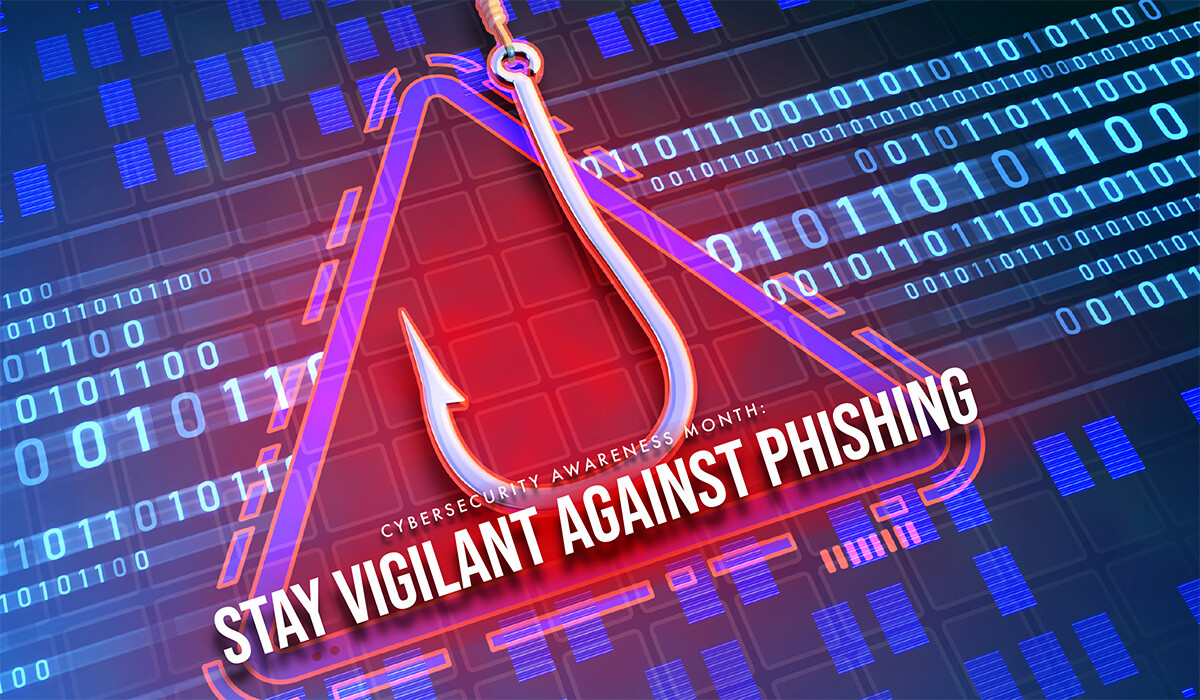The Threat of Phishing Emails
Phishing emails are deceptive messages designed to trick you into revealing personal information or downloading malicious software. During times of political events or disaster relief campaigns, these scams can become more prevalent, often using spoofed messages that mimic legitimate organizations.
Why Vigilance Matters
Increased Activity: Cybercriminals exploit heightened emotions during elections or crises, crafting messages that resonate with urgency and empathy.
Trust Exploitation: Spoofed emails may appear to come from trusted sources—political figures, government agencies, or NGOs—making it easier to deceive recipients.
Financial Risks: Falling for a phishing scam can lead to identity theft, financial loss, and compromised accounts.
 Statista Market Insights. (June 1, 2024). Annual number of cyberattacks worldwide from 2016 to 2023, by type (in millions).
Statista Market Insights. (June 1, 2024). Annual number of cyberattacks worldwide from 2016 to 2023, by type (in millions).
In Statista. Retrieved October 03, 2024
How to Recognize Phishing Emails
Check the Sender's Email Address: Look for slight misspellings or unusual domain names.
Be Wary of Urgent Requests: Legitimate organizations rarely request sensitive information via email.
Hover Over Links: Before clicking, hover to see the actual URL. Ensure it matches the official website.
Look for Generic Greetings: Phishing emails often use generic salutations like "Dear Customer." Protect Yourself
Verify the Source: If in doubt, contact the organization directly using known contact details, not those provided in the email. Use Multi-Factor Authentication (MFA): This adds an extra layer of security to your accounts.
Keep Software Updated: Ensure your operating system and applications are up to date to protect against vulnerabilities.
Report Suspicious Emails: Forward any suspicious emails to your IT department or relevant authorities.
Stay Informed
Awareness is your first line of defense against cyber threats. Keep informed about the latest scams and strategies to protect yourself and your community.
Remember: Trust Your Instincts
If an email feels off, take a moment to investigate before responding or clicking any links. Your vigilance can help protect not just you, but also your friends and family from falling victim to cyber scams.
